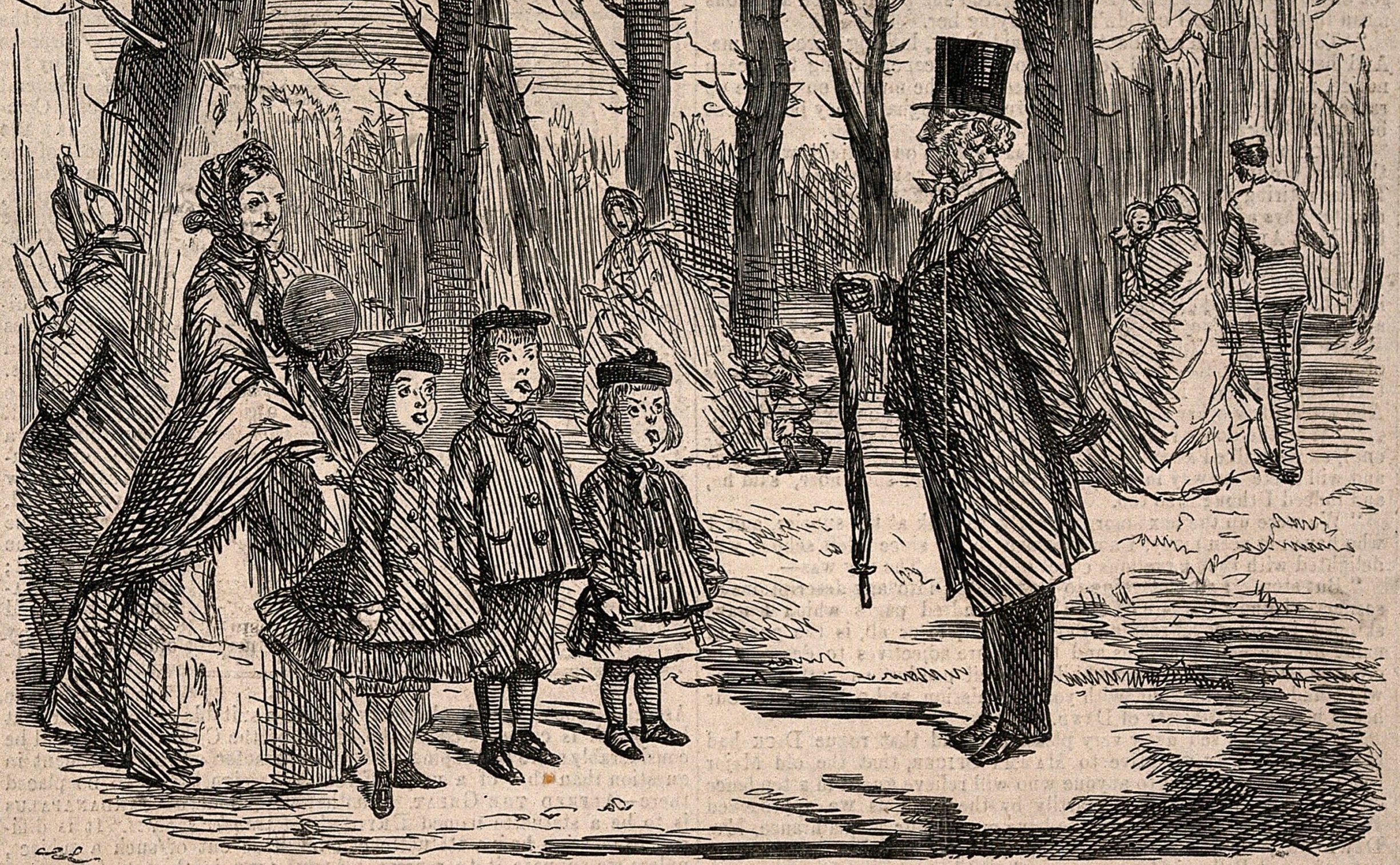
The recent headline ‘Labour to strip funding from practices with poor continuity of care’ certainly provoked discussion among my clinical and academic colleagues.1 It has been stated that the Labour party would ‘bring back the family doctor’, and ‘would pay practices more if they let patients choose which GP they see and whether they see them face-to-face – but would strip money from other practices to fund the scheme.’1 My knee-jerk reaction to this involved two contradictory thoughts. 1) ‘Great! Someone with a (loud) voice is finally banging the continuity drum!’ and 2) ‘Ah… Surely any existing inequality would be exacerbated, leaving already vulnerable populations served by practices with lower incomes even more helpless?’
In calling for a return to the family doctor they are appealing to a familiar if impractical image.
Two of my senior colleagues were particularly insightful; their thoughts are certainly worthy of sharing (with permission)* with BJGP Life readers. An institution in continuity in his own right, George Freeman (Emeritus Professor of General Practice, Imperial College London and retired GP), articulated my confusion much more clearly: ‘I think we have to accept that politicians will “play to the gallery”. In calling for a return to the family doctor they are appealing to a familiar if impractical image. Nonetheless in fact we want some of this too – it’s just that we’re very aware that literally bringing back the family doctor is impossible. We are where we are. But the more people are made aware that seeing the same doctor where possible, is highly desirable and usually worth waiting for, the better (only if they want to, of course). We hope there will be ‘regime change’ and then we will have to work with the new government. I think we need to encourage and educate them; we must be both positive and practical.’
Dr Steve Levene (a retired GP) sensibly boils the continuity debate down to two key points: ‘continuity of care is worth preserving’, and ‘effective and practical help is required to make this happen’. He continues that ‘Labour seems to have bought into the first point, but I am not sure that they have fully worked out the second. Shifting funding from poorly performing practices to better performing practices may simply widen inequality, without addressing the reasons why continuity is comparatively worse in some practices. There are other questions: how will they define continuity and how will they measure it? Hopefully, they’ll learn from the Conservatives’ previous attempt to improve continuity of care by simply demanding everyone should have a named GP without providing sufficient means to ensure this would work. From a pragmatic perspective, there are short-term fixes and long-term ones. In the former, freeing up clinician time such as by streamlining admin, supporting appointment systems to be more efficient and responsive, and a public education campaign could all help. Recruiting more staff is a longer-term fix.’
We need politicians such as Wes Streeting to throw out these headline-grabbing statements. It’s great to shout loudly about the value of continuity, but we urge him to work with current primary care clinicians and academics…
The BMA have responded to Shadow Health Secretary Wes Streeting’s announcement with a focus on the lack of staff and need to retain GPs in the first instance. Dr Katie Bramall-Stainer, the chair of the BMA’s GP committee for England, reiterated that Labour’s promise is neither practical nor possible, without significant thought and investment: ‘Every GP strives to deliver the best care to our patients in the most appropriate way we can based on patient choice, but the reality of the chronic workforce shortage makes this an impossible ask against the backdrop of increasing demand from a growing – and ageing – population.”2 She is surely right that GPs want to do their level best, but there has been a growing view that delivering continuity is impossible and so striving for it is futile. This needs to be countered with a credible way forward. Dr Rammya Mathew, GP and BMJ columnist, recently highlighted her concerns about the increasingly multidisciplinary nature of primary care, which adds another layer of complexity to the question of how on earth we provide continuity with a dwindling number of GPs: ‘Without an adequate GP retention plan, we’re moving towards a model where we’ll have more additional roles in primary care but fewer GPs to safely supervise these positions.’3
Let us revisit Dr Levene’s succinct way of summarising the issue of continuity in today’s NHS. We need politicians such as Wes Streeting to throw out these headline-grabbing statements. It’s great to shout loudly about the value of continuity, but we urge him to work with current primary care clinicians and academics (perhaps given a voice via the BMA and the GPC) who have insight into how this might practicably and effectively be delivered. Both sides of this argument need to come together to say, ‘we want to prioritise continuity again, we loved the family doctor, we know we can’t have exactly that model again in today’s healthcare context, how realistically might we achieve a modern equivalent?’
Meanwhile, declines in continuity persist across England. (4) The window for effective action is fast closing – will continuity, as most of us understand it, still exist by the time of the next general election?
*Deputy Editor’s note: written permission has been confirmed to the BJGP Life team
References
- Bostock N. Labour to strip funding from practices with poor continuity of care. GP Online. 2023 29th August.
- Parr E. Labour will pay GPs more for providing continuity of care. Pulse. 2023 29th August.
- Mathew R. The fight to retain GPs must start today. BMJ. 2023;382:p1740.
- NHSE. General Practice Patient Survey: Surveys, reports and materials. 2023.
Featured image: Three children automatically putting out their tongues for inspection upon meeting the family doctor in Kensington Gardens. Wood engraving after J. Leech, 1861.. Credit: Wellcome Collection. Public Domain Mark








